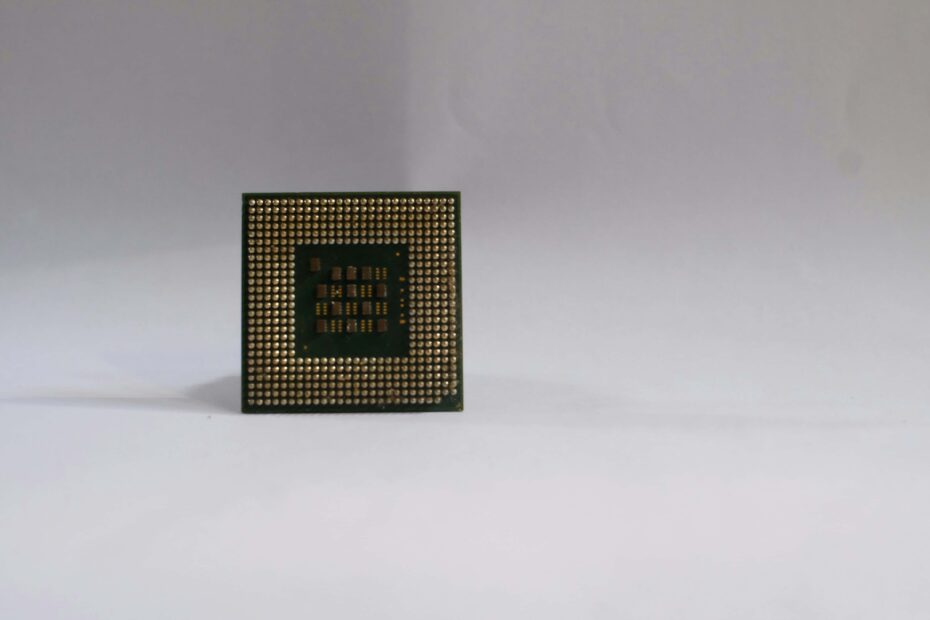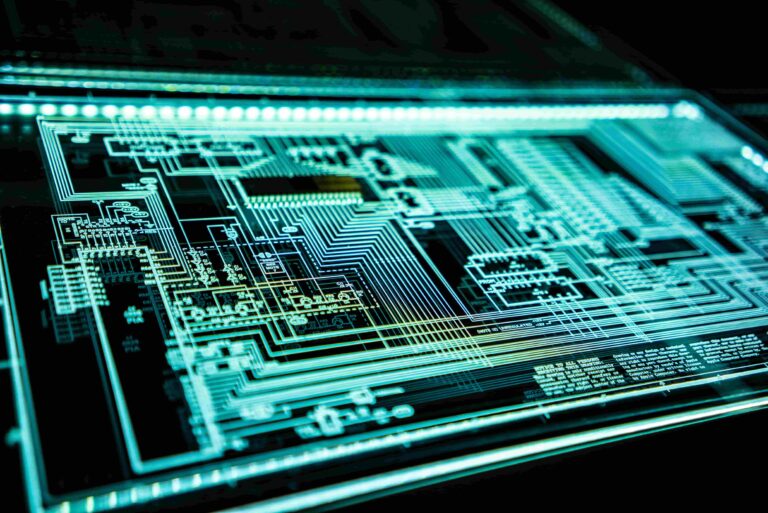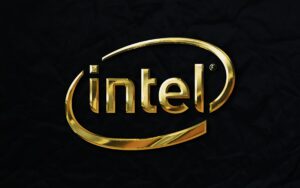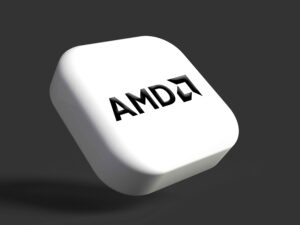Processor - A big brain behind computer.

Processor defination
Processor also known as CPU (Central Processing Unit). It is also referred as “Brain of the computer”.
When you use Laptop, a desktop, or a smartphone , there is a one component which runs behind every click or every swipe is a processor
It is responsible for handling every instruction, logic, task, and every command that you provide to the computer/laptop. It is a main component which commands from software programs and control other parts of the system.
In this article, we will discuss all the things related to processor for your knowledge.
What is a Processor?
A processor (CPU) is a small unit that sits on a computer’s motherboard. It carry all the instructions of your computer and software application by performing the basic operations like calculations, video editing, comparison and other operations.
Whenever you open a software , click a button, or perform any operation, your processor interprets that action, and make it happens for you.
It works so fast in fraction of second that it can handle millions of instructions per seconds.
How Does a Processor Work?

To understand, at a very basic level , a processor performs four key steps:
- Fetch – It retrieves an instructions from memory(RAM).
- Decode – It breaks down the complex operations into simpler one that the system will understand.
- Execute – It performs the decoded task that required to finish.
- Store – It saves the result in memory (Cache) for future use.
Key components of CPU
To understand the processor, we need to know different technical words.
1.Cores
Latest processor have multiple cores. A core is a individual processing unit in a CPU. Older had only one core while modern CPU’s have multiple core.
- Dual-core(2 core)
- Quad-Core(4 core)
- Hexa-Core (6 core)
- Octa-Core (8 core)
Some computers have even up to 16 core in high-level CPU’s.
Each core responsible for handling its own task, allowing the system to multitasking efficiently. For example you can browse the web, play music, and play games simultaneously.
2.Threads
A thread is sequence of tasks that a core can execute. Some CPU’s use Simultaneous Multithreading(SMT).
3.Clock Speed
It measured in Gigahertz(GHz), clock speed means how much cycles processor can complete per second. A 3.5Ghz CPU completed 3.5 billion cycles every second.
Higher the clock speed that doesn’t means faster performance, A CPU with more core and lower clock speed can still be faster than the one with fewer core but with higher clock speed in many cases.
4.Cache
The CPU cache is a small, high-speed memory built into the processor. It stores frequently used data and instructions so they can be accessed quickly without going back to slower RAM.
- L1 Cache – Smallest and fastest
L2 Cache – Larger, still fast
L3 Cache – Even larger, shared between cores
CPU Manufacturers
There are probably more than dozens of companies making various CPU’s for different application, that you just didn’t hear about them. But, as we are talking about computer CPU, there are mainly two manufacturer in the market, Intel & AMD.
1. Intel

Intel corporation, an American company founded in 1968, intel has been the dominant CPU manufacturer , it’s processors are knows for super fast performance, and compatibility.
Intel has various series of processor named in Intel-Core series
- Core i3 – Basic performance for everyday normal use.
- Core i5 – Mid-range , efficient for multitasking and gaming.
- Core i7 – High performance for power use.
- Core i9 – Premium processor for Professional and gamers.
In 2025, Intel’s newest 15th generation ‘Arrow Lake’ processors are built to run faster while using less power, and they come with improved AI features to handle modern tasks more efficiently.
2 .. AMD

AMD (Advanced Micro Devices) has rises its popularity in processor market because of its Ryzen series. It offers multi-core performance and value for money.
At the same price as an Intel processor, a Ryzen CPU typically offers more cores and threads, allowing it to compete with Intel head-to-head.
AMD’s popular series as follow
- Ryzen 3 – For entry level use
- Ryzen 5 – Mid range useful for multitasking.
- Ryzen 7 – High performance for power users.
- Ryzen 9 – Useful for professional and gamers.
In 2025, AMD’s Ryzen 9000 series, powered by the Zen 5 architecture, delivers excellent performance whether you’re gaming, creating content, or juggling multiple tasks at once.
CPU's types based on the usages
For everyday Use
If you want to use computer just for browsing the web, using Microsoft office, to watch videos, to just check Mail, A dual-core or a quad-code processor like Intel Core 3 or AMD Ryzen 3 will be useful for you.
For Gamers
The high clock speed and multiple core helps in the gaming. To play the most modern and high graphics game it is recommended to have 6-core or 8-core CPU.
Good option to have the Intel Core i5/i7 or AMD Ryzen 5/7.
For Creators and Professionals
Are you a content creator or a professional? Then heavy tasks like video editing/rendering, 3D rendering, and programming will be helpful by choosing processor having more cores and threads.
Here AMD Ryzen 9 or Intel Core i9 with more 12 or more cores will provide a big performance boost for you.
For business and Office Use
Whether you need to use applications, spreadsheets, or having online meeting, all the basic tasks will run smoothly on the Intel Core i5 or AMD Ryzen 5 .
This processors will have a proper balance between performance and cost.
Other factors beyond the Processor.
As we know that Processor is a crucial part of the computer, but there are other parts that also affect the computer’s performance. Only a fast CPU won’t make your computer faster if your other parts are slow. Here are other parts that you should consider.
- RAM – It is a short-term memory of computer for essential performance.
- Storage – SSD storage are faster than HDD storage.
- Graphics Card – It is important for gaming and high level creative work.
- Cooling System – High performance CPU produce more heat to cool them we should have a higher cooling system to let CPU cool to run it faster
How to choose the right processor?
Shopping for new Computer, or upgrading an old one? Things you should keep in mind.
- What will be the use of your computer?
- What is my budget?
- Is processor compatible with my motherboard?
- Do I need the integrated graphics? (Some CPU comes with integrated graphics while some need separate graphics card)
Our Thoughts
The processor is the heart of your computer, handling everything from basic tasks to complex software. Understanding how it works and what specs to look for can help you make better decisions when buying or upgrading a device.
Whether you’re a casual user, a gamer, or a professional, choosing the right CPU can greatly improve your experience, productivity, and performance.
As technology continues to evolve, CPUs will only get faster, smarter, and more efficient—making them even more powerful tools in our daily digital lives.